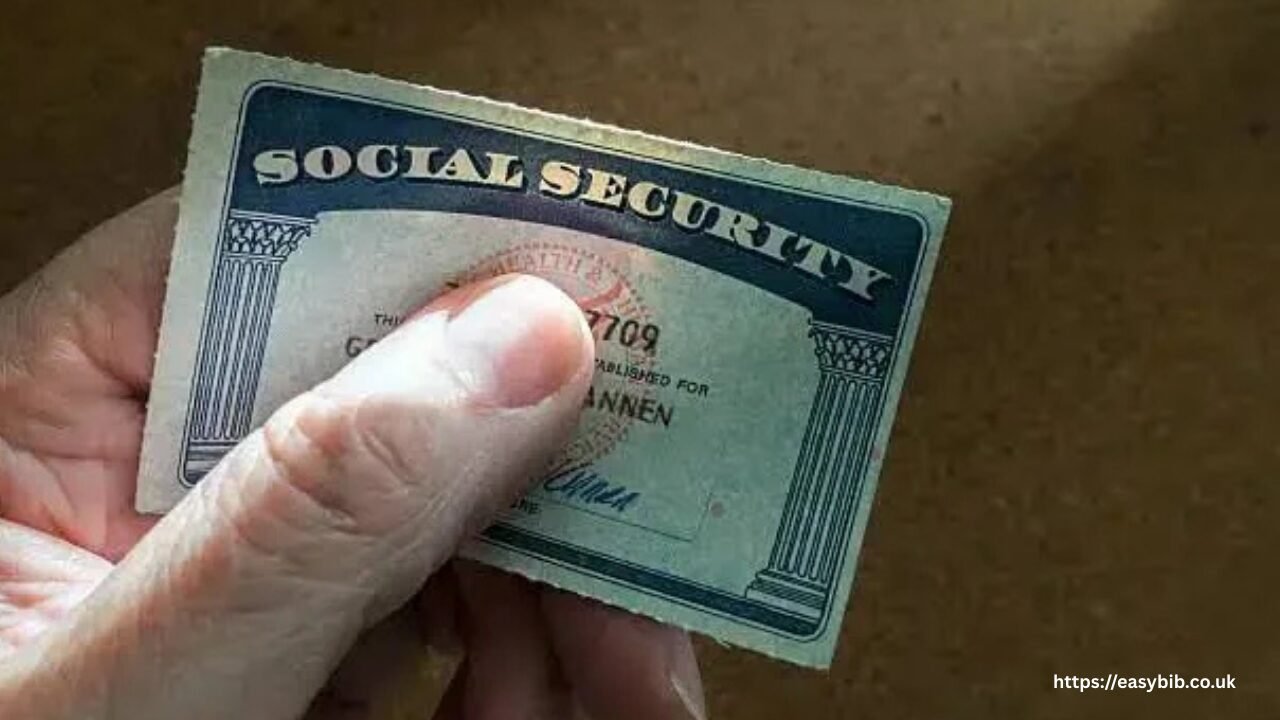Prove Your Right to Rent in the UK: Documents and Guidelines

Introduction
Renting a property in England involves more than just signing a tenancy agreement. Since landlords are legally required to confirm a tenant’s immigration status, every renter must be able to prove their right to rent before moving in. This process is designed to ensure compliance with UK law and applies to both British citizens and overseas nationals.
Understanding the documents you need and how checks are carried out not only helps avoid unnecessary delays but also protects landlords from significant penalties. With fines reaching up to £20,000 per tenant, both sides of the rental process must take the rules seriously.
The Legal Framework: Why Right to Rent Matters
The Immigration Act 2014 introduced the Right to Rent scheme, placing responsibility on landlords and letting agents to verify a tenant’s legal status before tenancy begins. These checks apply only in England—they do not extend to Scotland, Wales, or Northern Ireland.
Failure to conduct proper checks can result in substantial civil penalties or even criminal charges for landlords. For tenants, having the correct documents ready ensures a smoother and quicker move-in process.
Types of Documents Accepted
For British or Irish Citizens
A current or expired passport is usually sufficient evidence. If unavailable, alternative documents, such as a certificate of naturalisation or a birth certificate, paired with official correspondence (e.g., from HMRC or an employer), may also be accepted.
For Non-British/Irish Nationals
Non-UK tenants can prove their status in two ways:
- Share code system – generated by the Home Office, allowing landlords to check immigration status online.
- Immigration documents – such as proof of indefinite leave to remain, limited leave, or entry clearance.
It’s important to note that physical biometric residence permits and cards are no longer valid for manual checks; a share code must be used instead.
Verifying and Retaining Evidence
Landlords or agents are legally required to:
- Review original documents in the tenant’s presence
- Confirm the details match and are genuine.
- Record the date of the check and keep copies for the duration of the tenancy plus one year.
Where share codes are used, the landlord must log in via the official government service, save the result, and keep it on file as proof of compliance.
Follow-Up Checks for Time-Limited Right to Rent
If a tenant has a time-limited right to rent, landlords must complete follow-up checks before the expiry date. To avoid issues, many letting agents recommend starting this process several months in advance.
In cases where a tenant’s right to rent ends during the tenancy, the landlord must inform the Home Office immediately to retain their statutory excuse.
Practical Advice for Tenants
Tenants should prepare documents well in advance of any tenancy agreement. If your paperwork is with the Home Office due to an ongoing visa application, you or your landlord can request a Home Office check using your case reference number.
It is also unlawful for landlords to discriminate against tenants based on nationality, so all applicants must be treated equally regardless of the type of documents they provide.
READ MORE
Conclusion
Being able to prove your right to rent is a crucial part of the renting process in England. By ensuring you have the correct documents ready, landlords can complete their checks quickly, helping you secure a tenancy without unnecessary obstacles. Landlords who adhere to the correct process safeguard themselves against both financial penalties and potential legal troubles.
